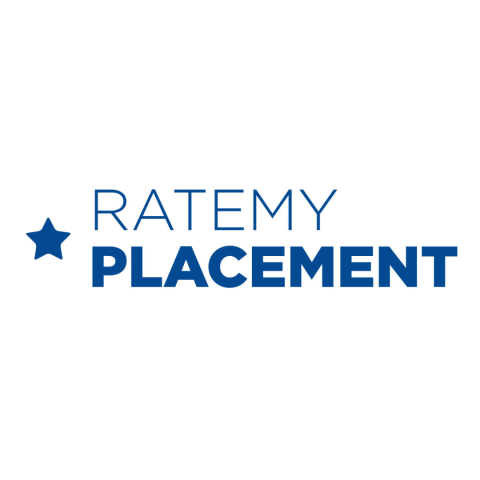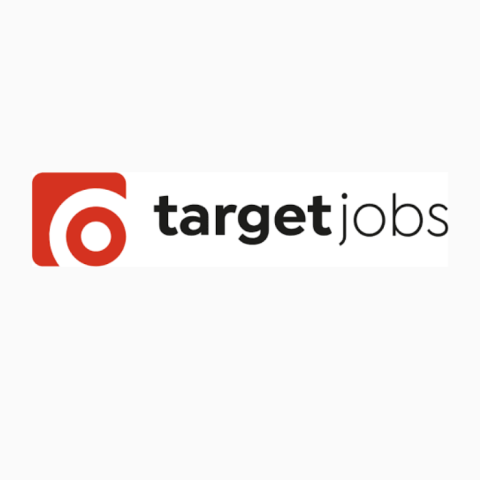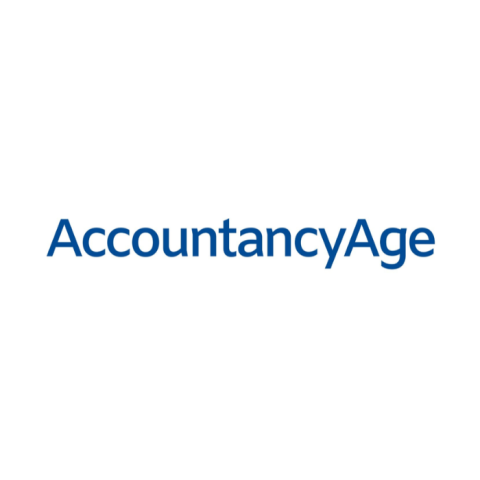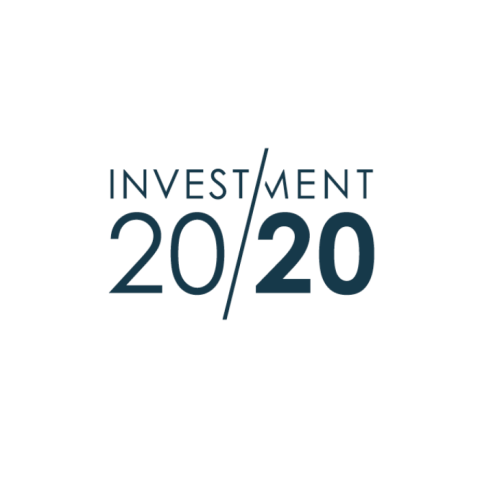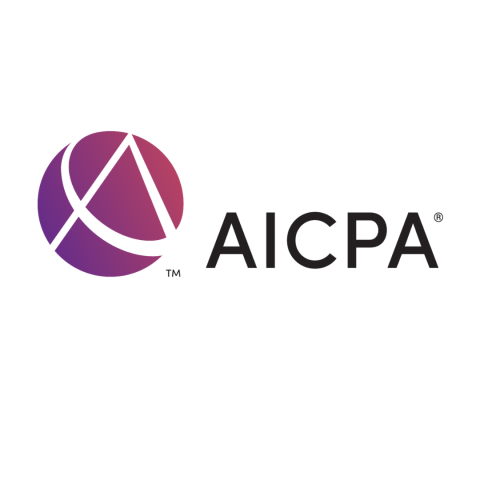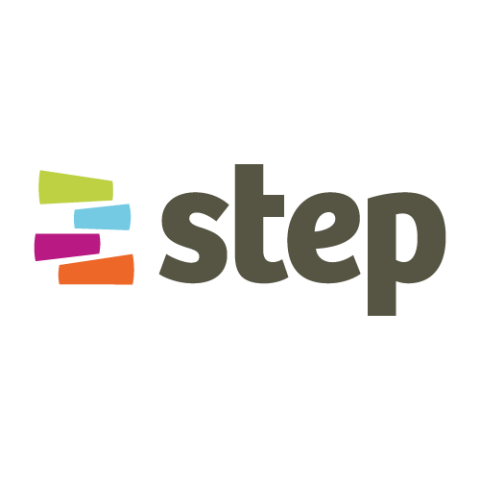
Sidebar navigation

Accounting, Finance and Economics
Your career guide
This career guide is designed to help University of Portsmouth students and recent graduates explore job options, key employers, and entry routes into the accounting, finance, and economics sectors.
Known for competitive graduate salaries and high demand for skilled professionals, these sectors offer strong career prospects. While many graduates aim for roles at large multinational accountancy firms, there are also valuable opportunities with small and medium-sized enterprises (SMEs) across the UK.
For those interested in economics, the Civil Service, particularly through the Government Economic Service (GES), is the biggest employer, with additional graduate schemes available at institutions such as the Bank of England.
Potential Job Roles
Prospects has a useful list of job profiles, each containing relevant information about key responsibilities, skill requirements, starting salaries, entry requirements, career prospects with links to major employers and current graduate vacancies. Some roles include:

Professional Qualifications
Some jobs may require professional qualifications within the accounting, finance and economics sectors. These include:
- Association of Chartered Certified Accountants (ACCA) qualification
- Chartered Financial Analyst (CFA)
- Chartered Institute of Management Accountants (CIMA) professional qualification
- Chartered Institute of Public Finance and Accountancy (CIPFA)
- Professional Banker Diploma
Qualifications take up to three years to complete. Many people choose to complete these qualifications alongside working, as most accountancy employers pay for exam fees and allow time off to study.
Gaining Experience
Getting relevant experience is essential. Many employers recruit through internships, placement programmes, or work experience programmes. Overall, additional experience will boost your employment prospects by helping to build a network of contacts. Most of your graduate competition will have degree-related work experience.
Types of opportunities
Below are some examples of the different types of opportunities to gain experience while you study.
Placements are a great way to gain substantial experience, help you to build contacts and gain an understanding of an organisation.
On some degrees, work placements are part of the programme, whilst on others you can choose to complete a placement as one of your modules.
To learn more about completing a placement, you can contact the Placements team in the Careers and Employability Service.
Enhance your prospects with hands-on experience through volunteering. Whether you're uncertain about your career path or aiming for professional success, volunteering offers a chance to explore diverse roles.
You can also get involved in relevant university projects through the different groups and societies via the Student Union. This is a good way of demonstrating your motivation and interest in this area of work.
Internships are usually for a fixed period and give you more hands-on experience. Many employers will treat interns in the same way as full-time employees, so when future job roles ask for 'at least one year's experience' you can include an internship in this type of experience.
Internships are offered by many financial and economic services firms, including:
Unlock tailored work experiences with diversity-focused programs from major companies and financial firms. These initiatives cater to diverse backgrounds, empowering individuals who've faced challenges due to their identity. Designed for Black students, women, and those with disabilities, these programs enhance inclusivity, upskilling, and sector-specific exposure, bridging opportunity gaps. Popular schemes include:
Larger organisations offer taster or experience weeks, providing hands-on alternatives to internships. These include:
- BDO’s insight days
- Discover EY insight programmes
- PwC’s Talent Academy
- Deloitte’s ‘Spring into Deloitte’ event
- Skills Sessions run by the likes of KPMG
Some insight programmes are targeted specifically at first-year students or second-year students for those individuals taking a 4-year course.
There's a high chance that by attending these tasters, you'll increase your chances of securing an internship the following year as you'll have gained an insight into the company and potentially made contacts within the firm itself.
Where to find work experience opportunities
There are plenty of ways to find work experience in accounting, finance and economics. Some key online platforms include:
While using job boards, look out for:
- Large firms: Look out for summer internships with the Big Four (PwC, Deloitte, EY, KPMG), investment banks (e.g. Goldman Sachs, J.P. Morgan), and organisations like the Bank of England or Government Economic Service (GES).
-
SMEs and local employers: Many smaller firms also offer internships — check your university’s careers portal or apply speculatively.
-
Public sector and government: Explore internship programmes with the Civil Service, local authorities and regulatory bodies.
Speculative applications
Speculative applications involve sending a CV and cover letter to an employer to ask if they have any vacancies, even if the company is not currently advertising for a role. They're a great way to access "hidden jobs" that go unadvertised.
Submitting a speculative application shows your interest in a specific company and your willingness to go above and beyond to develop your skills and understanding of the industry.
Finding a Job
We recommend starting your search using our online jobs board, MyCareer. You can also find general online job boards and advice through our Graduate Jobs page.
Sector Specific Job Boards
Recruitment agencies
Recruitment consultants work with individuals to help them find suitable work to match their skills. Agency Central is the UK's leading recruitment agency directory. An advanced search and filter system finds the agencies which match your needs.
Are you looking for a role in Hampshire? Our Graduate Recruitment Consultancy can help!
If you're in the final year of your degree, you can register for support from our Graduate Recruitment Consultancy. They work with over 3,000 employers in the local area to place our students into fantastic graduate careers.
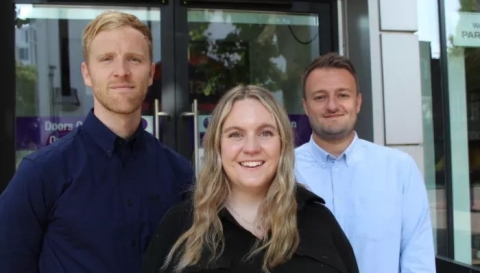
Speculative applications
Speculative applications involve sending a CV and cover letter to an employer to ask if they have any vacancies, even if the company is not currently advertising for a role. They're a great way to access "hidden jobs" that go unadvertised.
Submitting a speculative application shows your interest in a specific company and your willingness to go above and beyond to develop your skills and understanding of the industry.
Learn how to send a speculative application
Start your own business
Freelancing is another popular career path for those in accounting, finance and economics. Many rely on their portfolio, self-promotion or networking to generate work. Our Student Startup team can offer further support with freelancing and starting your own business.
Keep up-to-date with the industry
It's good to keep up-to-date on sector developments and track any vacancies coming up. Below are some great resources to help you research opportunities available. The knowledge gained through your research may help you to target your applications and will help when preparing for interviews.
- Inside Careers - An overview of graduate careers including actuaries, insurance, banking and investments, chartered accountancy, tax, management consultancy and patent attorneys.
- eFinancialCareers - A platform for networking with recruiters and keeping up to date with the latest news, opportunities and insights from the financial industry.
- TARGETjobs - Features an online financial guide, providing information about a range of opportunities and employers in the sector. Advice on career development and the transition from university to corporate life.
- Corporate Finance Institute - A corporate finance resource which includes an interactive career map, articles and self-study guides, and general career resources tailored for the corporate finance industry.
- Actuary List - A jobs board for finding actuarial jobs and blogs to help you learn more about the actuarial profession.
- DeVere - A blog aimed at students interested in a career in finance, banking and accounting.
Explore more from the Careers Service
CVs and cover letters
Find out how to increase your chances of getting an interview by writing a strong CV and completing a successful application.
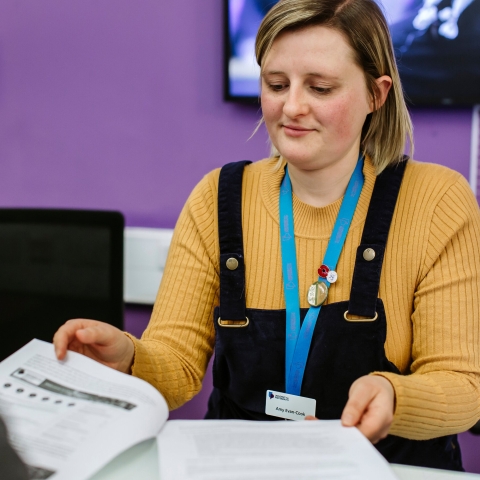
Building work experience
Get hands-on industry experience and showcase your knowledge before you graduate!

Graduate job search guide
Learn about the types of roles you will encounter, and how to search for roles.




